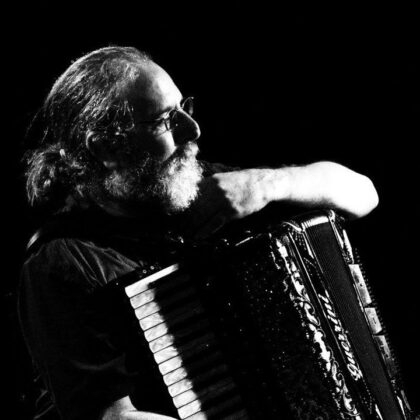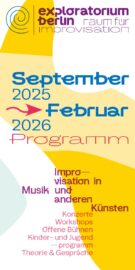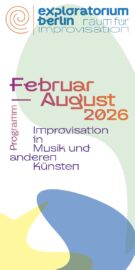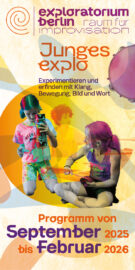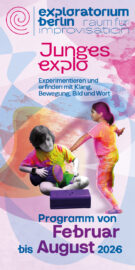The hasidic nign (Yiddish, derived from nigun in Herbrew) is a very special kind of melody that can be sung or played. In hasidic Judaism, it is absolutely central to the spiritual life of individuals and the community. Hasidic Judaism began in the early 18th century in today’s Western Ukraine as a spiritual revival movement that broke away from traditional Judaism by emphasizing piety, joy and spiritual ecstasy rather than learning. For hasidic Jews, the singing of nigunim (plural of nign) is a powerful means to reach those spiritual states. The point of singing a nign is not to put on a show, but to share an experience with others.
For that reason, there are many different kinds of nigunim, including dveykes nigunim, deeply introspective melodies that aim at communion with God, tish nigunim, more lively, rhythmic melodies sung at community gatherings led a rebbe (spiritual leader), tants nigunim, incredibly energetic melodies used to inspire dancing, and many others. Many nigunim can be sung either with or without words. In fact, singing without words is considered more meaningful and spiritual powerful than singing with them.
That makes it easy to get into singing nigunim, no matter what language you speak. And it’s not at all necessary to be Jewish or even to be religious to feel their power. Each nign is like a stone that has been lying on a riverbed for centuries: polished by all of the currents that flow over it, it perfectly reflects its environment and history. Because nigunim are traditionally learned by ear just by singing along with the community, they are very catchy and easy to learn. Today, there are literally thousands of them, coming from different times, places and communities. But each one has its own individual meaning, even if it’s impossible to put that meaning into words.
In this workshop I’ll share with you some of the most beautiful and powerful nigunim that I have learned over more than 40 years. The workshop is open to instrumentalists and singers. If you have difficulty playing a nign on your instrument, you can sing it instead. We will work both by ear and with written music.
Workshop in German and English language
